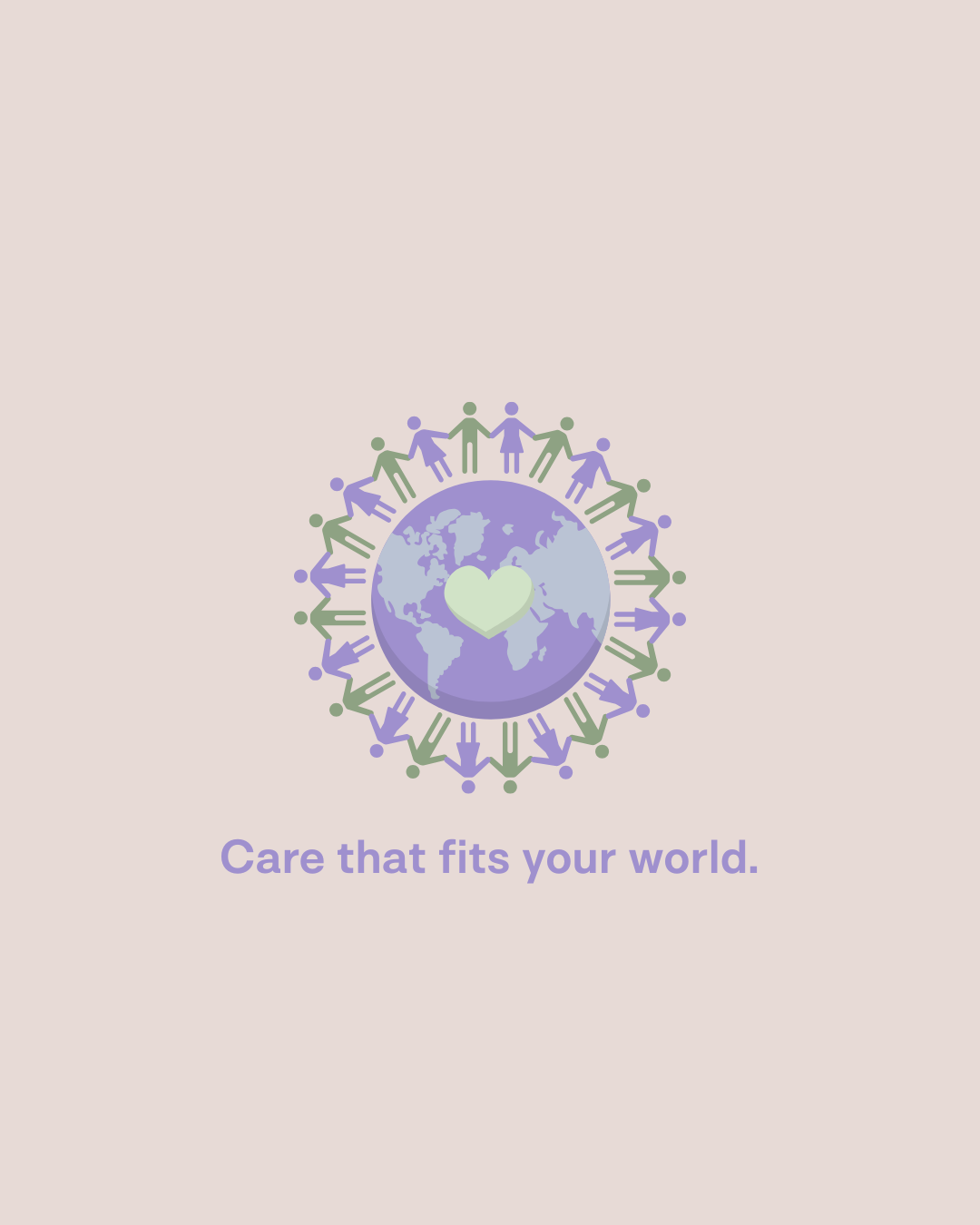
Ready, Set, Grow: How to Prepare for Your First Psychology Session
Table of Contents
Starting psychological therapy is a brave decision and going to your first session can feel like diving into the unknown, but rest assured—you’ll be taking steps toward personal growth, healing, and empowerment.
Whether you’re seeking help for a psychosocial disability or aiming to improve your mental health, your first therapy session is a chance to start fresh and gain new insight into your emotional well-being.
This blog will break down what you can expect from your first session, how to prepare, and what you can do to set yourself up to achieve all your biggest therapy goals.
What Is Psychological Therapy All About?
It might sound simple, but you can think of therapy as a mental workout. Just like you’d go to the gym to strengthen your muscles, therapy is where you strengthen your mind.
Whether you’re facing anxiety, depression, trauma, or other mental health challenges, a therapist helps you develop the tools and techniques needed to live a more stable and enjoyable life.
Therapy is not a one-size-fits-all approach. Therapists tailor sessions based on your individual needs, so it’s your time to talk, explore your feelings, and find strategies that work for you.
For those living with psychosocial disabilities, therapy also offers support in navigating everyday life, helping manage conditions that affect your social interactions, emotional regulation, and overall quality of life.
Common Types of Psychological Therapy
Here's a simple breakdown of the most common types of therapy you might encounter:
- Cognitive Behavioral Therapy (CBT): A practical approach focused on changing unhelpful thinking patterns and behaviors. It’s often used to treat anxiety and depression.
- Psychotherapy (Talk Therapy): A broader approach that involves talking about your experiences, thoughts, and feelings to gain insight and resolve emotional issues.
- Trauma-Informed Therapy: Tailored for people who have experienced trauma, this approach ensures a safe and sensitive space to process past experiences and heal.
- Mindfulness-Based Therapy: Incorporating mindfulness techniques, this therapy helps you focus on the present moment, reducing stress and improving emotional well-being.
While these are distinct types of therapy, many therapists use a blended approach. They may combine elements from different types to create a personalised therapy plan that best meets your needs. For example, a therapist might use CBT to help you identify negative thought patterns while incorporating mindfulness techniques to teach you how to stay grounded in the present moment. This flexibility ensures that therapy is customised to your unique situation and goals.
What to Expect in Your First Session
If you’re feeling like your first psychological therapy session will be an intense emotional experience, that’s completely understandable. Sometimes, it can be. However, often your first session is about laying the groundwork—getting to know your therapist, sharing a bit about your story, and understanding how they can support you. It's the beginning of building a trusting relationship, and it’s okay to take it one step at a time.
You’ll likely cover:
- Your Background: Expect questions about your personal history, mental health challenges, and current life situation. This helps the therapist understand where you’re coming from.
- Setting Goals: You might discuss what you hope to achieve in therapy—whether it’s reducing anxiety, healing trauma, or managing day-to-day stress.
- Building Rapport: The therapist will help establish a sense of trust. It’s okay if you don’t feel an instant connection; sometimes it takes a few sessions to click.
- Confidentiality: Everything you say in therapy stays between you and the therapist (unless there’s a risk of harm). Your therapist will reassure you that the sessions are a safe and private space, which can help you open up.
How to Get Ready for Your First Session
Not knowing what to expect from your first psychological therapy session might make you feel vulnerable. To help ease this feeling, here’s a simple cheat sheet you can follow before and during your first session:
1. Know Your Why
Before your session, reflect on why you’re seeking therapy. What’s been weighing on your mind? Are there specific issues you’re struggling with, like anxiety, depression, or the impact of a psychosocial disability? Being clear about your reasons can help you and your therapist set goals and objectives.
2. Bring the Essentials
It’s always a good idea to jot down any key information you might want to share. This could include:
- Past therapy experiences
- Relevant medical or psychological history
- Current medications or treatments
Remember, you don’t need to bring your whole life story in one go—just the parts that feel most important to share to begin with.
3. Ask Questions
Therapy is a two-way street. If you’re unsure about anything—whether it’s the process, session frequency, or therapist’s approach—don’t hesitate to ask. The first session is your chance to understand what lies ahead.
4. Get Comfortable with Sharing
It’s okay to be nervous, but know that therapists are there to support, not judge. You don’t need to reveal everything in the first session, but be open to talking about whatever feels right in the moment.
Trust the Process
Going to your first session might feel like showing up to a party where you don’t know anyone. Will they understand me? What if I can’t explain what’s wrong? These feelings are totally normal. Psychological therapists expect nerves—it's part of the process. Just remember, they’re trained to help you feel at ease and guide you through any tough spots.
It’s also tempting to hope for instant answers, but lasting change takes time. Therapy isn’t a race. It’s more like planting seeds that need time to grow. The first session is just the beginning of this journey—there’s no pressure to have it all figured out on day one.
Therapy is about peeling back the layers of your experiences, and sometimes that means spending time with uncomfortable feelings. It can be challenging, but it’s also incredibly rewarding. The key is consistency and patience.
Remember, the work you put in during therapy sessions will pay off in the long run, leaving you happier, healthier, and better equipped to handle life’s challenges.
Expert Therapy, Always on Hand
Whether you’re tackling anxiety, working through trauma, or managing a psychosocial disability, finding the right psychological therapist can have transformative effects. However, accessing high-quality mental health care is often easier said than done.
At CARED, we make accessing expert therapy as easy as possible. Our platform connects you with top tier allied health professionals in just a few clicks, so you can start your journey toward improved well-being right away.
Whether you need in-person sessions or prefer telehealth, CARED enables you to get the support you need anytime, anywhere. Ready to get personalised care at your fingertips? Take that first step towards a healthier, happier you by contacting CARED or signing up for our platform today:





.jpg)


.png)







.png)
